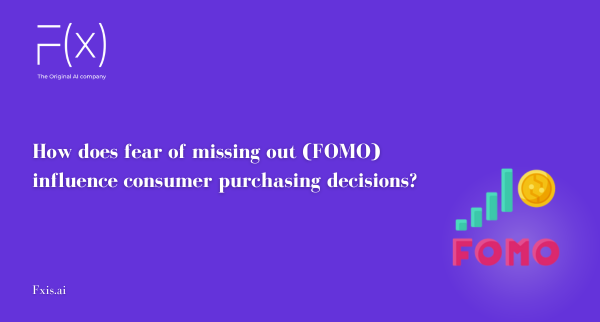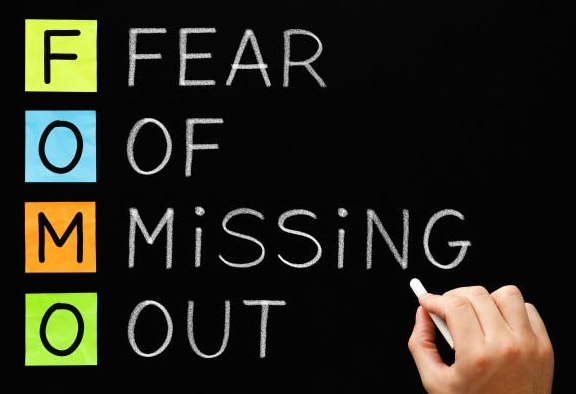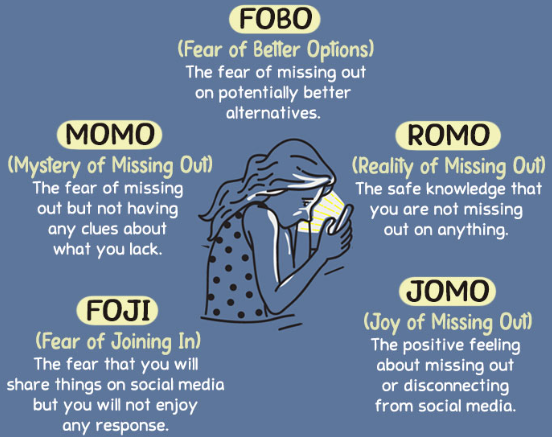How does fear of missing out (FOMO) influence consumer purchasing decisions?
 FxisAi - Yagnesh Pandya
FxisAi - Yagnesh Pandya 
Introduction
In today's fast-paced world, the fear of missing out (FOMO) has become a prevalent psychological phenomenon, significantly influencing consumer behavior. This article delves into the ways FOMO shapes purchasing decisions and its implications for businesses.
The Psychology of FOMO
FOMO stems from the innate human desire for social connection and belonging. It manifests as anxiety or apprehension about missing out on rewarding experiences or opportunities.
The Need for Social Validation
Individuals experiencing FOMO seek validation from their peers and social networks. They fear being left behind or excluded from activities that others are engaging in.

Influence on Consumer Behavior
FOMO exerts a significant influence on consumer decision-making processes, particularly in the realm of purchasing goods and services.
Impulsive Buying Behavior
One of the most notable effects of FOMO is its propensity to trigger impulsive purchases. Consumers may feel compelled to buy a product or service to avoid feeling left out or outdated compared to their peers.
Trend Following
FOMO drives consumers to align their preferences with prevailing trends or fads in an attempt to stay relevant and connected. This leads to increased demand for products endorsed or favored by influencers or social circles.
Limited-Time Offers and Scarcity
Businesses leverage FOMO by employing marketing tactics such as limited-time offers, flash sales, or scarcity messaging to create a sense of urgency among consumers. The fear of missing out on a good deal prompts immediate action and purchase.

Marketing Strategies to Address FOMO
Understanding the influence of FOMO allows businesses to tailor their marketing strategies to capitalize on consumer behavior patterns.
Social Proof and User-generated Content
Utilizing social proof, such as customer testimonials and user-generated content showcasing product experiences, can alleviate FOMO by providing reassurance and validation to potential buyers.
Exclusivity and VIP Access
Offering exclusive deals or VIP access to products or services can appeal to consumers' desire to feel special or part of an exclusive group, mitigating FOMO and driving conversions.

Real-Time Notifications and Alerts
Implementing real-time notifications or alerts about limited inventory or expiring deals can create a sense of urgency, prompting consumers to make immediate purchasing decisions to avoid missing out.
Conclusion
In conclusion, the fear of missing out (FOMO) profoundly influences consumer purchasing decisions by triggering impulsive behavior, promoting trend following, and amplifying the allure of limited-time offers. Businesses can leverage this phenomenon by employing targeted marketing strategies that address consumers' need for social validation and exclusivity, ultimately driving sales and fostering brand loyalty.
For more insights into AI|ML and Data Science Development, please write to usat:contact@fxis.ai|FxisAi
#ConsumerBehavior #MarketingStrategy #BusinessInsights 🛒💥
FAQs
How does FOMO affect online shopping behavior? FOMO often leads to impulsive online purchases, especially when consumers perceive products as trending or in high demand.
Can businesses use FOMO to their advantage? Yes, businesses can harness FOMO by creating scarcity, offering exclusive deals, and leveraging social proof to drive sales and engagement.
Are there any negative consequences of FOMO on consumer behavior? While FOMO can drive purchasing decisions, it may also lead to buyer's remorse or overspending if consumers make impulsive purchases they later regret.
How can individuals cope with FOMO? Individuals can mitigate FOMO by practicing mindfulness, setting boundaries with social media usage, and focusing on personal values and priorities.
Is FOMO a recent phenomenon? While FOMO has become more pronounced in the age of social media, the underlying fear of missing out on social experiences has existed throughout human history.
For more insights into AI|ML and Data Science Development, please write to usat:contact@fxis.ai|FxisAi
Subscribe to my newsletter
Read articles from FxisAi - Yagnesh Pandya directly inside your inbox. Subscribe to the newsletter, and don't miss out.
Written by

FxisAi - Yagnesh Pandya
FxisAi - Yagnesh Pandya
Business Developer with IT - AI & Data Science